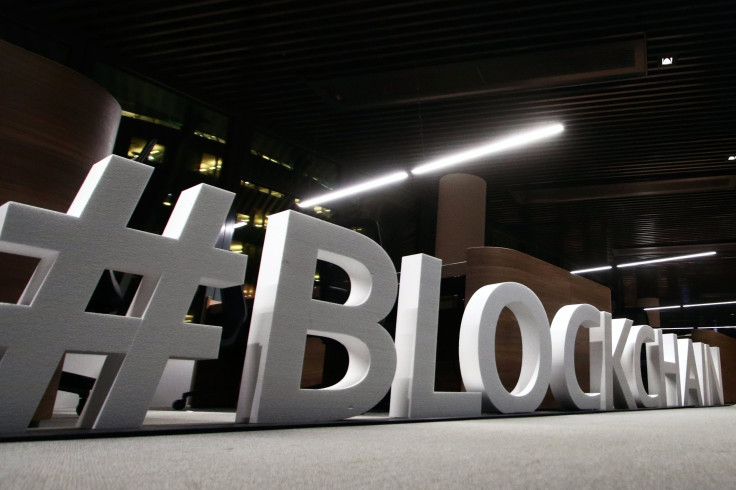The Future Of Eco-Friendly Finance

They say change happens slowly, then suddenly. In completely different spheres, this observation can be made in the area of climate change, where generations of human activity are only just beginning to show an impact; and in finance, where the ivory towers of the 20th century are being challenged by social technology. Between the two areas is a solution overlap, where new financial technologies are being built to tackle bigger social problems, even beyond climate change.
The financial technology industry is booming: in 2016 alone, it was a $17.4 billion industry. The widespread adoption of fintech services is on par with industry value, with a third of consumers around the world using at least two types of fintech services and 84 percent having some general knowledge of what fintech is and how it works.
Financial technology is comprised of several concepts and tools: blockchain, cryptocurrency, big data, and the Internet of Things (IoT) are terms that come to mind. With the emergence of digital currency, new financial institutions are implementing creative ways to incentivize sustainability. In the future, financial innovations will be much more forward-thinking and green-focused, and this is something that’s already happening.
Financial technologies today are tackling bigger social and environmental issues. Fintech businesses around the world are striving to reach sustainable development goals, including innovations towards affordable and clean energy, climate action, and sustainable cities and communities. These are among the most challenging issues our world is currently facing.
Take climate change, for instance. Oceans are becoming warmer, biodiversity and habitats are being negatively impacted, melting ice caps are causing rising sea levels, and intense droughts continue to threaten freshwater supplies and crops. Climate change is already affecting everyday life on Earth today; without interference, it could cause even more serious effects.
New financial developments will help support the greater environmental goals while simultaneously focusing on economic capital. One of the most unique ways that financial tech is supporting sustainability is by backing digital currency with earth-friendly commodities. Asset-backed digital currencies can prove even more stable than the zeitgeist of virtual tender — BitCoin. And currency can be backed by, well, anything. For instance, a digital currency can be backed by carbon, wheat, metals, and other useful commodities that help shape the future of sustainability.
Currency doesn’t have to be backed by just one commodity — you can find digital currencies with a mix of commodities, making it even more stable for investors and beneficial to the environment. And it’s this diversification that will continue to play a large role in the stability of commodity-backed coins. A green digital coin backed by carbon, for example, ensures that more trees remain protected from degradation. Cryptocurrency companies will work alongside organizations to propel sustainable agendas.
To sum it up, more fintech companies could change the way natural resources are valued, leveraging the power potential of wasted resources and commodities and ultimately building a circular economy. Even big businesses like IBM have already partnered with environmental companies to tokenize carbon credits (tokenized assets live on blockchain). Similarly, Ben & Jerry’s announced it was working with a non-profit organization to use blockchain to offset the carbon footprint from its consumers and purchase carbon credits with a portion of those retail sales. In the future, we can expect more established businesses to do the same, and new non-profits and startups to continue developing financial infrastructures that make this possible.
A key component to these modest goals is blockchain. Blockchain, a decentralized digital ledger, allows consumers to make better decisions about the goods they’re purchasing and how it affects the world around them.
In 2018, the World Economic Forum released a report titled Building Block(chains) for a Better Planet. The report identified blockchain use cases that tackled some of the most complex environmental issues. “There is a unique opportunity to harness the Fourth Industrial Revolution – and the societal changes it triggers – to help address environmental issues and transform how we manage our shared global environment,” the report reads. Some of the use cases mentioned include sustainable resource management, automatic disaster preparedness, and transparent supply chains.
Blockchain platforms hold information in an encrypted, secure computer network. It’s virtually impossible to tamper with the data, offering fully auditable and transparent information to the end user or consumer. This sort of sustainability monitoring is exactly what’s needed to incentivize consumers to make educated choices about their own consumption patterns. For example, a simple QR code on packaging would reveal everything a consumer needs to know about that particular package: where it came from, how it was made, and who delivered it.
Blockchains, tokenization, digital assets and currency, crowdfunding, and transparency investing all have a role to play in pivoting finance toward driving the core solutions that can scale and fix climate change and other environmental issues. The final solutions to climate change require innovative and large scale thinking if we are to harness the potential to save species and reverse extensive damage. Much of this work can begin more easily with incentives and dividends which are more positively received and less controversial than taxes and tribulations.
System change requires system thinking and the ability to trial and test such solutions before it’s too late. Big solutions for climate exist today, and they are driven by the same thinkers interrupting those old ivory towers. Working together, all three communities — environmentalists, big finance and social tech — can slow funding for climate destruction and begin profiting from climate protection.
Stan Stalnaker is the founding director of Hub Culture, a social network service that operates Ven, a digital currency linked to a basket of commodities, currencies and carbon futures.
© Copyright IBTimes 2024. All rights reserved.





















